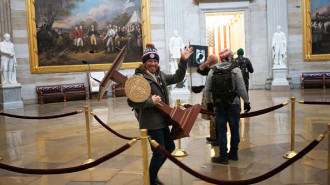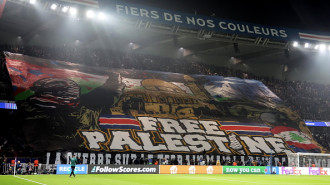Moroccan actress condemned for posting ‘blackface’ photo of herself in 'solidarity' with US protesters
A Moroccan actress has become the latest Arab celebrity to court controversy in the aftermath of the killing of George Floyd, which has sparked a series of blackface incidents purportedly intended as acts of solidarity but causing deep offense across the Arab world.
Thiry-one-year-old Mariam Hussein, who has starred in a number of soap operas produced in the UAE and other Gulf countries, posted the "blackface" picture of herself on her Instagram account.
It was accompanied by a hadith ("saying") of the Prophet Muhammad condemning racism.
The well-known hadith states: "There is no superiority for an Arab over a non-Arab, nor for a non-Arab over an Arab. Neither is the white superior over the black, nor is the black superior over the white - except by piety. Humans come from Adam, and Adam came from the soil."
Hussein, however, was quickly slammed on the social media platform for including the photograph of herself with darkened skin, seen as racist by many Instagram users.
Read also: Iran's ex-president Ahmadinejad defends black lives with uncensored Tupac 'n****' lyrics
The Moroccan actress later deleted the image, posting a natural photo of herself accompanied by the same hadith.
It is not the first time that Mariam Hussein has been the subject of controversy.
A YouTube video of her dancing suggestively with American rapper Tyga, filmed in 2017, sparked criticism of her in February this year by Emirati actor Salah Al-Jasmi, who condemned her moves as "pornographic".
|
|
She was arrested in Abu Dhabi as a result and sentenced to one month in prison before being deported.
On Monday, Lebanese singer Tania Saleh was blasted by US activists for a similarly "tone-deaf" attempt at solidarity, after she posted a "blackface" photo of herself on Twitter.
It was accompanied by the words: "I wish I was black, today more than ever."
However, instead of taking down the photo she doubled down on her action, claiming that American singers had done similar things in the 1960s.
Many Arab countries have been criticised before for racist treatment of Asian and African migrant workers.
The kafala ("sponsorship") system - which is in force in Lebanon and most Gulf countries - effectively ties migrant workers, many of whom hail from sub-Saharan Africa and South East Asia, to their employers, leaving them open to exploitation and abuse.
It has been condemned by international human rights groups and Lebanese anti-racism NGOs.
Discrimination against Arabs of African descent is also rife.
Editor's note: This article has been edited and re-published with linguistic and stylistic improvements
Follow us on Facebook, Twitter and Instagram to stay connected

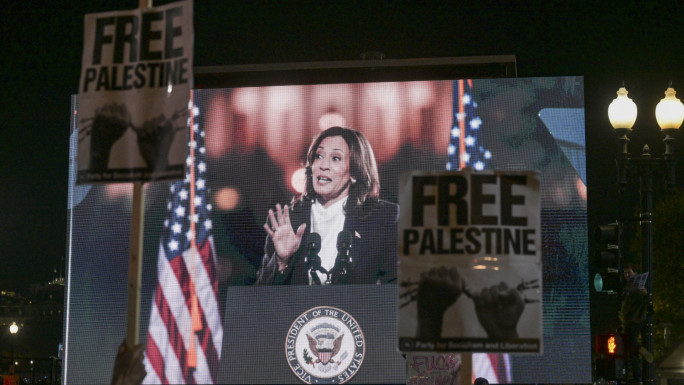
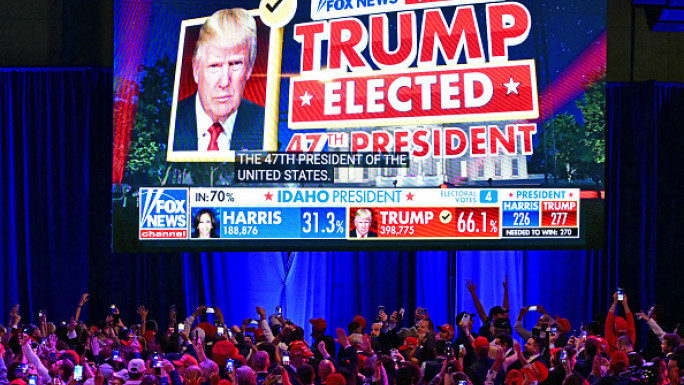
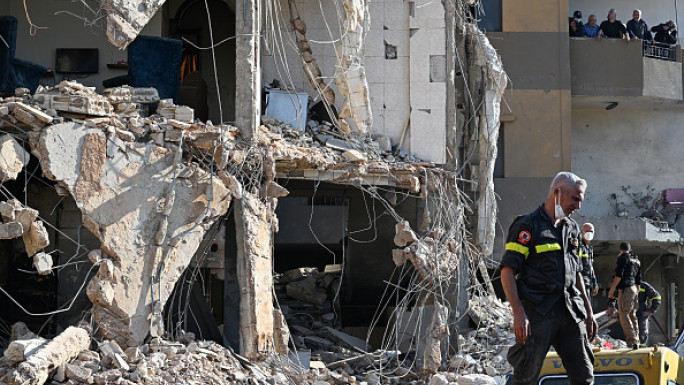

 Follow the Middle East's top stories in English at The New Arab on Google News
Follow the Middle East's top stories in English at The New Arab on Google News
![President Pezeshkian has denounced Israel's attacks on Lebanon [Getty]](/sites/default/files/styles/image_330x185/public/2173482924.jpeg?h=a5f2f23a&itok=S2wzLy-W)
